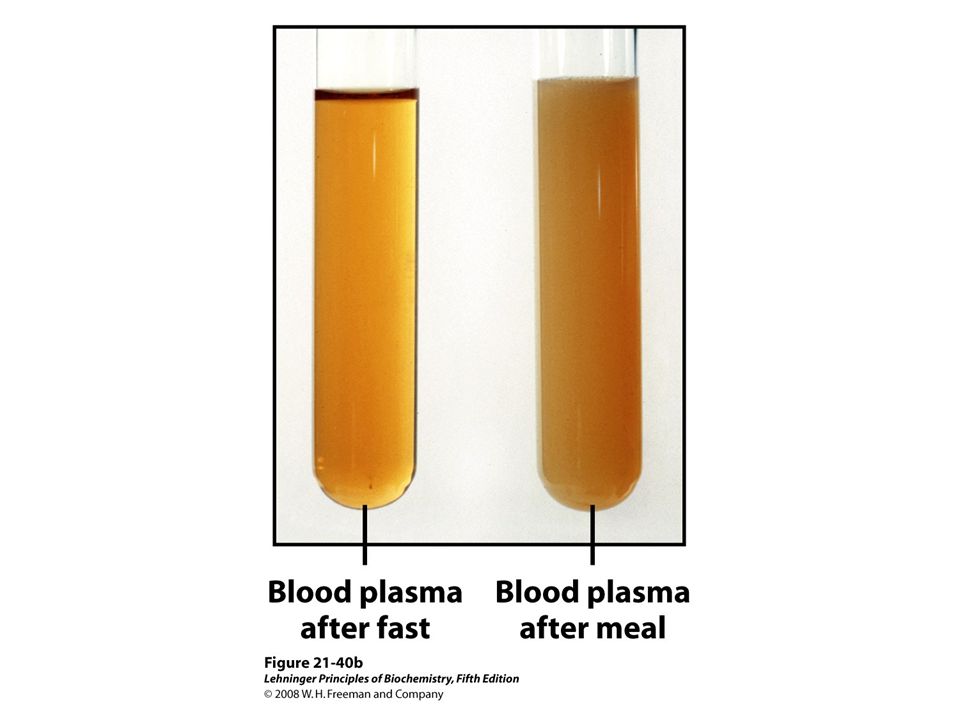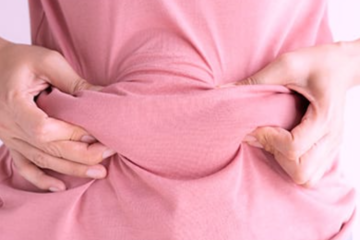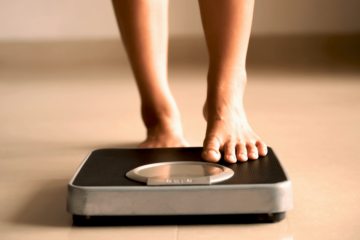Holiday weight gain is more the rule than the exception for most of us. Holidays are the time that we lose our normal schedule – and that’s what we love about them. But we also can easily lose healthy habits developed with hard work throughout the year.
Is this of much concern? Isn’t a break in healthy habits worth it?
This post is about how to ensure that the holiday period does not leave you with the extra weight you’d rather not carry into the rest of the year.
Holiday Weight Gain Facts
Most people put on 2 – 3 kg over the Christmas holidays – and most people do not lose it all before the following Christmas. A kilogram a year is all most of us gain long term, but by our 40s and beyond, it is all adding up!
If you have one holiday every year or less often, this may be of little concern to you. However, for many of us, it becomes a big concern as we rapidly undo the self-discipline of many many months and have to spend another 3 – 4 months getting back to where we were before we went away.
Holidays spent at home result in more snacking between meals.
- 81% of Westerners snack at home, as distinct from only 31% snacking at work.
- 94% snack once a day, while half snack 2 – 3 times a day.
- The most popular snacks are chocolates and lollies, cake or cookies and salty foods like chips and crackers.
- Most people do not snack because they are hungry, but out of stress, boredom or from food cravings.
- Snacking can easily double calorie counts for the day.
Unless your holiday is spent enjoying the great outdoors away from shops and the fridge, you will likely admit that snacking happens more frequently while on holidays.
Holiday meals themselves are also problematic.
If you are travelling and eating out, meals will be oilier, saltier and larger than you would probably eat at home. This translates to many more calories.
If you are at home, typical holiday celebration meals tend to be rich foods packed with oils, meat, white flour and sugar. Here again, we have excessive calories as well as foods which fire up the addiction centres of the brain – flour, sugar and cheese.
The result of all this indulgence is that there are more cardiac deaths on December 25th, 26th and January 1st than any other days of the year. And this holiday mortality is increasing with every year. You can read more about this fact <here>.
Can just one unhealthy meal hurt?
Surely it is alright to relax once in awhile. Surely one meal can’t affect us. Yes and no.
If you are healthy with no heart disease or excess weight, you may get away with such a meal without ill effects.
However, a single low nutrient, high-calorie meal may awaken old addictive drives that can, then, lead to many more unhealthy meals. If you tend to put on a kilogram with each passing year, this can be a real problem.
Over-indulging at a holiday meal can be extremely hazardous to your heart. If you already have cardiovascular disease (for example, high blood pressure, or have previously had a stroke or heart attack) a single meal is enough to cause further damage to your cardiovascular system.
How just one fatty, oily meal can affect us
For decades we have known that eating a meal high in saturated fat and animal products impairs endothelial function for four hours following the meal.
The endothelium is the cells lining our blood vessels. These cells produce substances which regulate blood pressure and blood clotting.
Once damaged, atherosclerotic plaque begins to form over the damaged part – a mechanism designed to prevent the delicate blood vessel from tearing. Of course, as the plaque becomes more extensive due to further damage of these cells, it can eventually block a blood vessel, leading to a stroke or a heart attack depending on where the blockage is.
Here is a photo of what the blood looks like after eating a fatty meal, compared with the same person’s blood before the fatty meal:

Not only does excessive fat in the bloodstream damage the endothelial cells, but it also slows the transport of the blood cells through the plasma. The slower movement of red blood cells through the ‘sludge’ means oxygen is not reaching cells as fast as usual, making you feel tired and sluggish.
Other unhealthy meals
And it’s not just fat in a meal that is a problem. A high carbohydrate meal full of simple sugars – such as in desserts and sweets – can cause dangerous blood sugar spikes, increasing diabetes risk over time. This acute hypoglycemia also impairs endothelial function and decreases blood flow to the heart.
And it’s not just fat and sugar either. A single high salt meal also impairs these cells lining our blood vessels.
And alcohol is also implicated. Alcohol is a high carbohydrate ‘food’ which increases the effect of the sugars in a high carbohydrate meal, and also drives you to eat more salty foods.
Is there any good news?
Most of us feel we have a right to relax with our diets once in a while. As a reward from all our hard work and self-discipline through the year.
I would like to be able to say that a day off here and there may make little difference. But that would be irresponsible of me, as we can see from the above facts.
The question to ask is – how is your heart health, and are you putting on a kilogram each year, year after year?
If so, you may need to rethink your answer to this question. Otherwise, you may be playing Russian roulette with your health or at the least, continuing the unhealthy weight gain pattern.
If your heart is healthy and you weigh about the same or less than you have weighed your whole adult life, a day or two of food indulgence may make little difference to your long term health.
Holiday justifications – how we think
- Eating a festive or special food because you think you won’t have access to it again. Mistake: These days you can order practically anything online if the local grocery store can’t get it in for you. If that food is really so important to you, you can likely source it at other times too.
- Eating too large a meal or treat because you are celebrating. You may be celebrating an occasion (eg. Christmas) or being in a new place while travelling where they have special local foods – so you eat more than usual of it. Mistake: thinking you have to have a large serve of the special food. An appetiser or child-size treat is just as enjoyable as a meal if you relish every mouthful. Sharing a treat tastes just as good.
- Eating too much overall due to too much choice. You think you just have to try everything as the chance may not come again. Or you feel the need to taste what every single person has brought so you can comment favourably on it. Mistake: These expectations may only be your own excuses. Put the brakes on before starting to eat. Practice only eating enough to feel comfortable. Eating one plate of food is usually enough for any normal person who has not just run a marathon.
Over-eating and jet lag
Flying presents its own problems with over-eating. Jet lag messes our metabolism up – in several ways.
- Eating fires up our metabolism. It makes us wakeful when should sleep.
- Being overtired impairs our judgement in the same way as alcohol impairs judgement, and we simply don’t care as much about what we put in our mouths.
- Being bored while travelling also drives most people to eat more often than they usually would.
Here are some tips for beating jet lag overindulgence:
- Ask yourself, Am I just tired instead of hungry? If so – drink water – lots of it. And try to get in a short nap if you’re brain dead – it will feel better than eating.
- Ask, Am I hungry, but it’s not the local mealtime in the place of destination? (or close to it)? Drink a glass of water. If still hungry, have a piece of fresh fruit (keep a piece with you at all times for such emergencies). Don’t eat or snack – unless it is the local meal time. Water and fruit will always suffice. If travel means food will not be accessible at the proper mealtime, buy it now and store till the right time.
- Bring enough healthy snacks along with you on any trips. Even flying from Australia, I carry enough healthy snacks like fruit. As long as it is eaten before disembarking, it’s all good. And I stock up on healthy snacks at the holiday destination too. This way you can stick closer to the rules of eating meals only at mealtimes.
You can read about how to deal with the sleep factor of jet lag <here>.
The Exercise Factor
We can’t avoid the fact that taking in more calories than we burn is what causes weight gain. Eating healthier may mean fewer calories are absorbed, but that doesn’t give us a free pass from eating too much. Exercise burns more calories and is key to avoiding holiday weight gain.
One thing I factor in religiously while travelling – as well as on holidays at home – is exercise – not a stroll around the shops, but real, sweating exercise. Almost. Every. Single. Day. Exercise both burns up more calories than sitting around, and it also clears your mind and motivates you to eat better. You have a heightened sense of well being if you exercise regularly, and this results in you caring about how you eat and live.
I like to plan ahead before leaving home. I take ‘hotel room workout’ plans with me when I travel. There are many online, and even 15 minutes a day plus a walk goes a long way towards continuing good habits.
One good resource I have often used is <12-minute athlete>. Good exercise equipment to take along are resistance bands or a skipping rope. Many fast and furious workouts using these are online that will result in you being fitter after the holiday than before.
Returning Home
I don’t weigh myself for several days after returning from a holiday. Sitting in a car all day or travelling across multiple time zones causes you to retain fluid or become dehydrated. Any scales or tape measure measurements will be unreliable.
Meanwhile I simply use my Rule #2 for jet lag, seen above.
Holiday weight gain AFTER the holiday
Some people don’t gain weight while away on holiday – but they gain weight upon returning. While away they may have been quite active, and so the extra exercise and less lying in front of the TV or sitting at the desk balances out eating more. Also, staying in hotels can mean less access to a fridge with cheap and accessible snacks all day long.
But upon returning home – the stomach has stretched due to larger meals while holidaying. We want to continue to eat more (as on holiday) but cease all extra activity. The result is weight gain.
Holiday weight gain is really no joke. Not only do we endanger ourselves if we overindulge too often, but the kilograms gained tend, for most of us, to still be there twelve months later, accruing year after year.
But this year, it can be different.





0 Comments